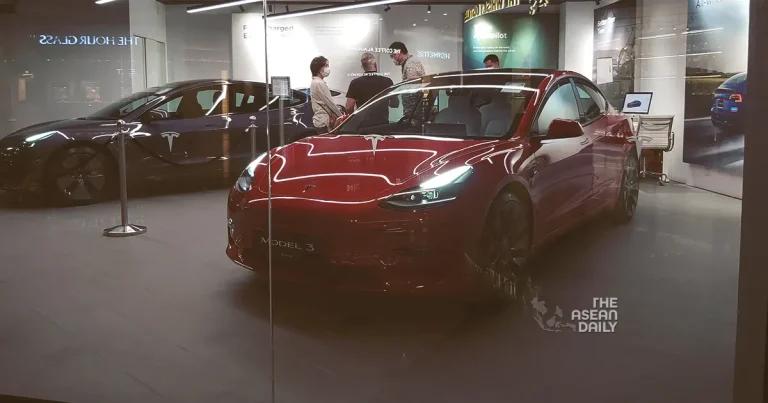7-2-2024 (SEOUL) Tesla Inc’s sales in South Korea faced a significant setback in January, with only one electric vehicle (EV), a Model Y SUV, being sold. This marks the company’s worst month since July 2022, when no vehicles were sold at all, according to data from Seoul-based researcher Carisyou and the Korean trade ministry. Overall, the number of new EVs registered in Korea plummeted by 80% in January compared to December, according to Carisyou data.
Several factors have contributed to the slowdown in EV demand in South Korea. Higher interest rates and inflation have led consumers to cut back on spending. Additionally, concerns about battery fires and the limited availability of fast chargers have dampened enthusiasm for EVs. Tesla’s poor sales performance in January contrasts sharply with the success it enjoyed last year, particularly with its China-made Model Y, which was among the top sellers.
Lee Hang-Koo, head of the Jeonbuk Institute of Automotive Convergence Technology, explained that many early adopters have already purchased EVs, while mass-market consumers are not yet ready to make the switch. Tesla’s association with China has also contributed to its declining popularity, with some consumers expressing concerns about the quality of manufacturing.
According to Lee, Korea’s EV sales are subject to strong seasonal fluctuations in demand. Many consumers delay vehicle purchases in January to await government announcements regarding subsidies.
In response to the challenges, a spokesperson for Tesla in Korea stated that consumers postponed EV purchases until the confirmation of subsidies. However, Tesla faces additional hurdles, particularly related to pricing and subsidies. In July 2023, the selling price of the Chinese-made Model Y was set just below the threshold that qualifies for a full government subsidy. With the government’s revised plan for 2024, the subsidy threshold has been further lowered, resulting in a significant reduction in subsidies for Tesla’s Model Y.




